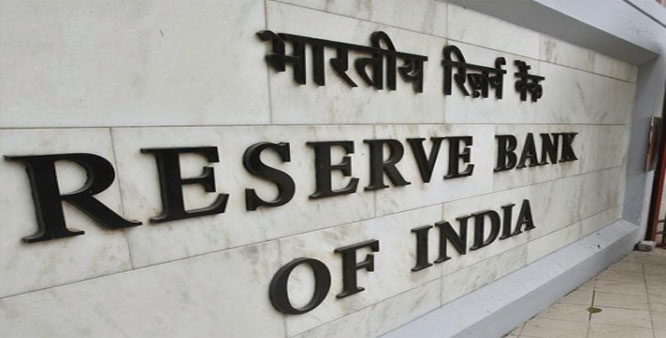Recently the Reserve Bank of India announced a range of measures to facilitate digital payment, such as allowing fintech companies to process NEFT and RTGS payments.
Whilst this is good news for those affected, such as non-bank payment processors like Visa, Mastercard, and Paytm, for the uninitiated, the news may have them completely baffled.

It is, therefore, worth exploring the key terms a little further.
Fintech combines the words financial and technology and is a generic term to describe the way that emerging technology enables consumers or financial institutions like banks or payment processors to deliver financial services in new and better ways.
It is the difference, for example, between having to walk into a bank to get an up-to-date balance and having the information at your fingertips through an app on your phone.
NEFT (National Electronic Fund Transfer) is a nationwide payments system in India that enables the transfer of funds from one bank account to another. It obviates the need to visit a branch of a bank to transfer funds.
Meanwhile, RTGS (Real-time Gross Settlement) describes a funds transfer system that allows for the virtually instantaneous transfer of money and other securities. It allows for the settling of payments on an individual order basis, without having to net off credits and debts first.
The measures also provide new conditions for cash withdrawal facilities for digital payment wallets.
This reflects how the future money is changing. People no longer carry large amounts of cash with them. Instead, they use software-based apps linked to back-end systems where all their payment information is stored on their phone and protected by passwords.
Any time they want to make a payment they either swipe their phone or making an electronic transfer using their payment wallet. And they receive funds in similar ways.
A digital wallet can also be used to store digital coupons and loyalty cards.
The number of retailers accepting digital payments is continuously growing, with online casinos a prime example. Operators have come to realize that digital payments offer many advantages to their customers in terms of security, convenience, ease, and speed.
The move by the Reserve Bank also recognizes that perhaps the era where the traditional banks exercised a virtual monopoly when it came to the transfer of funds is coming to an end.
And some of the credit for this should go to digital currencies like Bitcoin, and, more importantly, the enabling technology behind it Blockchain. That has demonstrated the ability of a peer-to-peer transaction system to function perfectly well without the need for an intermediary like a Central Bank in the middle.
Not only are transactions settled much faster, but, due to cryptography, they are secure, and transaction fees are substantially reduced as well.
Now fintech companies, among them pre-paid instrument issuers, debit, and credit card networks and TReDS (mass involve discounting schemes) operators will be allowed to become members of India’s centralized payment systems. Previously these channels were reserved for banks up until now.
Arguably, this is another step on the road to the democratization of money. Now people have far greater choices when it comes to how they want to make online transactions and they can choose which operator best suits their needs or offers the best rates.
It does not mean, however, that the high street bank has had its day, but it now has serious competition for the first time in its existence. And, like any organism that is threatened by a new species, it has two choices.
It can either evolve or, it cannot change or is unwilling to do so, it will eventually die.
